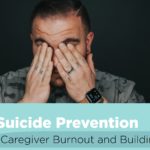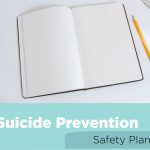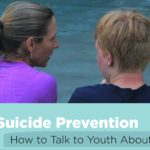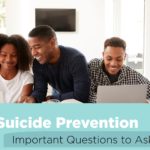This video series was created for caregivers of youth with mental health concerns. We understand that much of this information is not ‘common sense’ and can be a lot to take in and remember, especially if it’s been presented during a time of intense emotion or mental health crisis.
Caregivers often ask us for accessible ways of learning how to support and respond to youth when they are thinking of harming themselves or have already tried to do so. As such, this series will begin to:
- explore how caregivers can talk openly with youth about thoughts, urges, and actions related to suicide.
- offer caregivers specific examples of questions to ask youth when talking about suicide and emotional distress.
- help caregivers consider whether to bring a young person with mental health struggles to our emergency department, and prepare families for what to expect at that visit.
- recognize caregiver burnout and teach ways to respond to intense emotion and mental health crisis.
- provide suggestions for how to support youth emotionally while also encouraging youth to engage in everyday life (e.g., contributing to household chores, going to school).
- outline important things to consider when planning how to keep youth safe in moments of distress and crisis.
Recognizing families’ busy schedules and the desire for an easy-to-use resource, this series steps away from paper handouts and hopes to bring content to life with real examples, role play, and opportunities to meet staff in our program. Each topic in the series was selected based on caregiver feedback for what has been most helpful for improving their relationship with their youth, increasing their confidence for responding effectively to their youth’s mental health crisis situations, and engaging youth in professional mental health services. The videos highlight topics our staff often discuss with caregivers of youth who have considered or tried to end their life.
We hope this series increases awareness of suicide risk, encourages people to have important conversations about suicide, reduces stigma, and provides helpful suggestions for how to support youth immediately and in the weeks and months to come.
Please know that this series is educational and should be used with professional mental health support.
 Watch this video to find out what to expect if you come to the emergency department at McMaster Children’s Hospital for a mental health crisis. |
|




